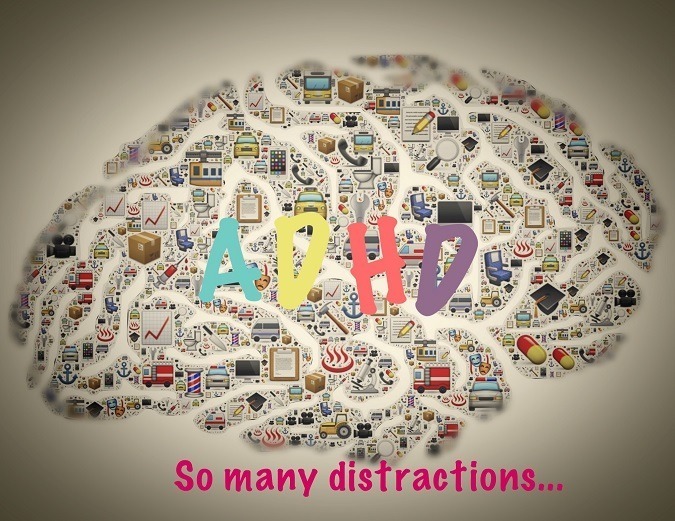If you or your kid have ADHD, do have a treatment monitoring plan in place for the New Year?

When a child is diagnosed with ADHD, parents confront the difficult decision about which treatment(s) to pursue to best help their child succeed. While deciding on an initial treatment plan is important, equally important is establishing a plan to monitor how well that treatment is working on a sustained basis, regardless of what specific treatment(s) is being used. This is because children’s response to ADHD treatment often changes over time and a strong initial treatment response – be that medication treatment, behavior therapy, dietary treatment, etc., — provides no assurance that important treatment benefits will persist.
Core ADHD symptoms of inattention and hyperactivity-impulsivity that are well-controlled at one time may subsequently reemerge and create difficulties. A child’s success with school work, meeting behavioral expectations at school, and getting along with peers can also ebb and flow.
For this reason, ADHD treatment guidelines from the American Academy of Pediatrics and the American Academy of Child and Adolescent Psychiatry highlight the necessity of sustained, systematic treatment monitoring so that adjustments to treatment can be made as needed. Having a strong monitoring plan in place is thus an integral component of high quality ADHD treatment.
Monitoring is often absent
Despite the importance of sustained and systematic treatment monitoring, it is rarely done. In fact, data from one recent study with community-based pediatricians indicated that for children prescribed ADHD medication, follow-up contact (visit, phone call, or email) within 30 days of prescribing happened less than half the time.
More striking is that collecting any systematic behavior ratings from parents and/or teachers – even a single time — seems to happen for only about 10% of children. And, the average amount of time between initiating treatment and collecting any such ratings was roughly one year. Because of this, it is likely that many children were maintained on a treatment program that was far from optimal.
What can parents do?
Parents who recognize the importance of treatment monitoring can speak with their child’s health care provider to make sure that a treatment monitoring plan is in place for their child.
One reasonable approach would be to obtain monthly feedback from teachers on the intensity of core ADHD symptoms, and how well the child is doing overall in their academic, social, and behavioral functioning. Teacher ratings would be supplemented by ratings from parents based on their observations of their child at home. When medication is part of a child’s treatment, monitoring for emergent side effects would also be recommended.
When teacher and/or parent ratings reflect important difficulties, decisions about possible changes/adjustments to the current treatment plan can be made in consultation with parents. Without such information, making a well-informed decision about the adequacy of a child’s current treatment is not possible.
Ideally, your child’s provider will already have a systematic approach for ADHD treatment monitoring in his or her practice that he/she can implement with your child. If not, you can also access a pencil-and-paper treatment monitoring system that I developed that can be download for free Here.

Dr. David Rabiner is a child clinical psychologist and Director of Undergraduate Studies in the Department of Psychology and Neuroscience at Duke University. He publishes the Attention Research Update, an online newsletter that helps parents, professionals, and educators keep up with the latest research on ADHD.
References:
- American Academy of Pediatrics. ADHD: Clinical practice guideline for the diagnosis, evaluation, and treatment of Attention Deficit/Hyperactivity Disorder in children and Adolescents. (2011). Pediatrics, 128, 1007–1022.
- American Academy of Child and Adolescent Psychiatry. Practice Parameter for the Assessment and Treatment of Children and Adolescents with Attention-Deficit/ Hyperactivity Disorder. (2007). Journal of the American Academy of Child and Adolescent Psychiatry, 46, 894–921.
- Epstein, J.N., et al., (2014). Variability in ADHD care in community-based pediatrics. Pediatrics, 134, 1136–1143.



My son got recently diagnosed with ADHD, and since we moved to a new city we want to find the best doctor to treat the condition. I like that you mentioned how important it is to establish a plan to monitors how is the ADHD treatment going.